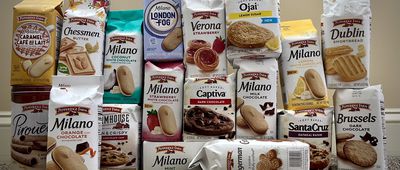Icy Mistakes
Sure, the freezer helps you extend the life of foods and beverages, a bonus in these tough economic times. But there are a number of items that do not do well on ice because the process impacts their appearance, texture, or taste.
Keep the following list in mind to avoid ending up disappointed or with a lot of waste. Here are 25 foods you should avoid freezing.


































